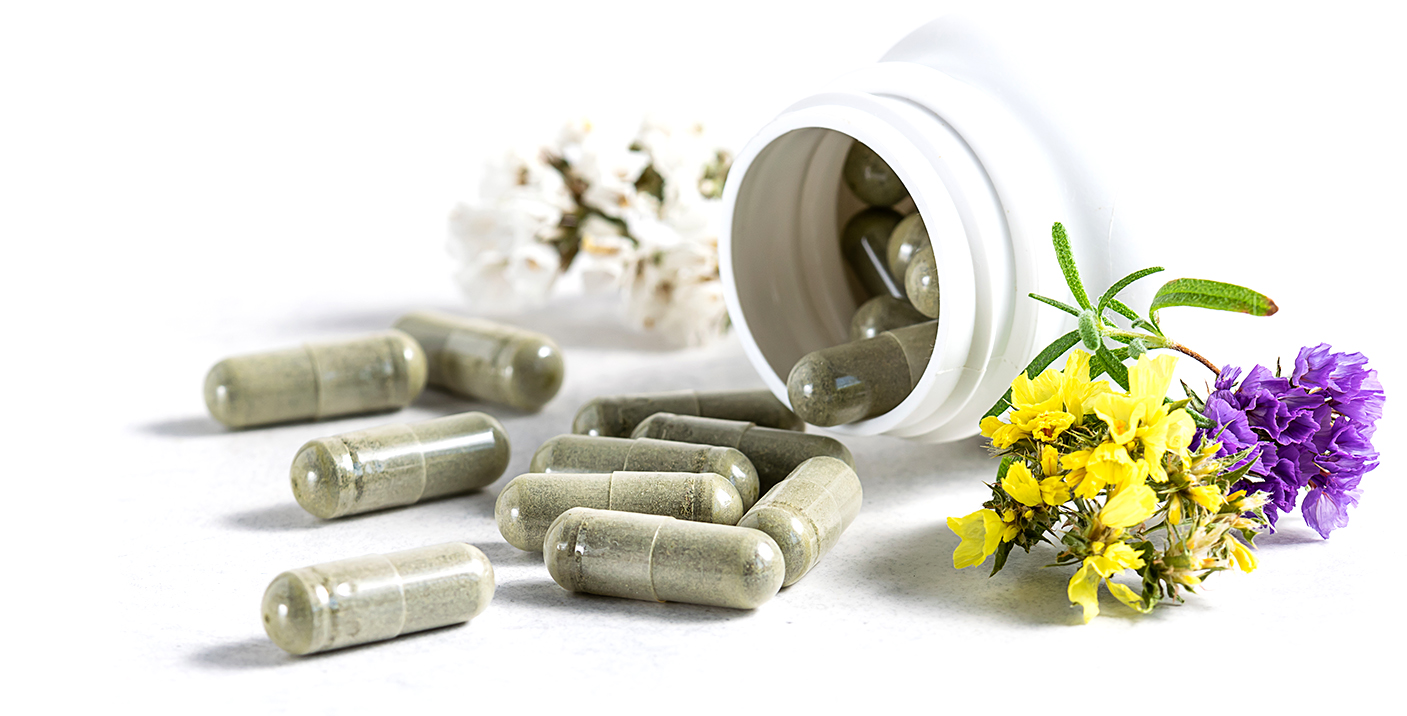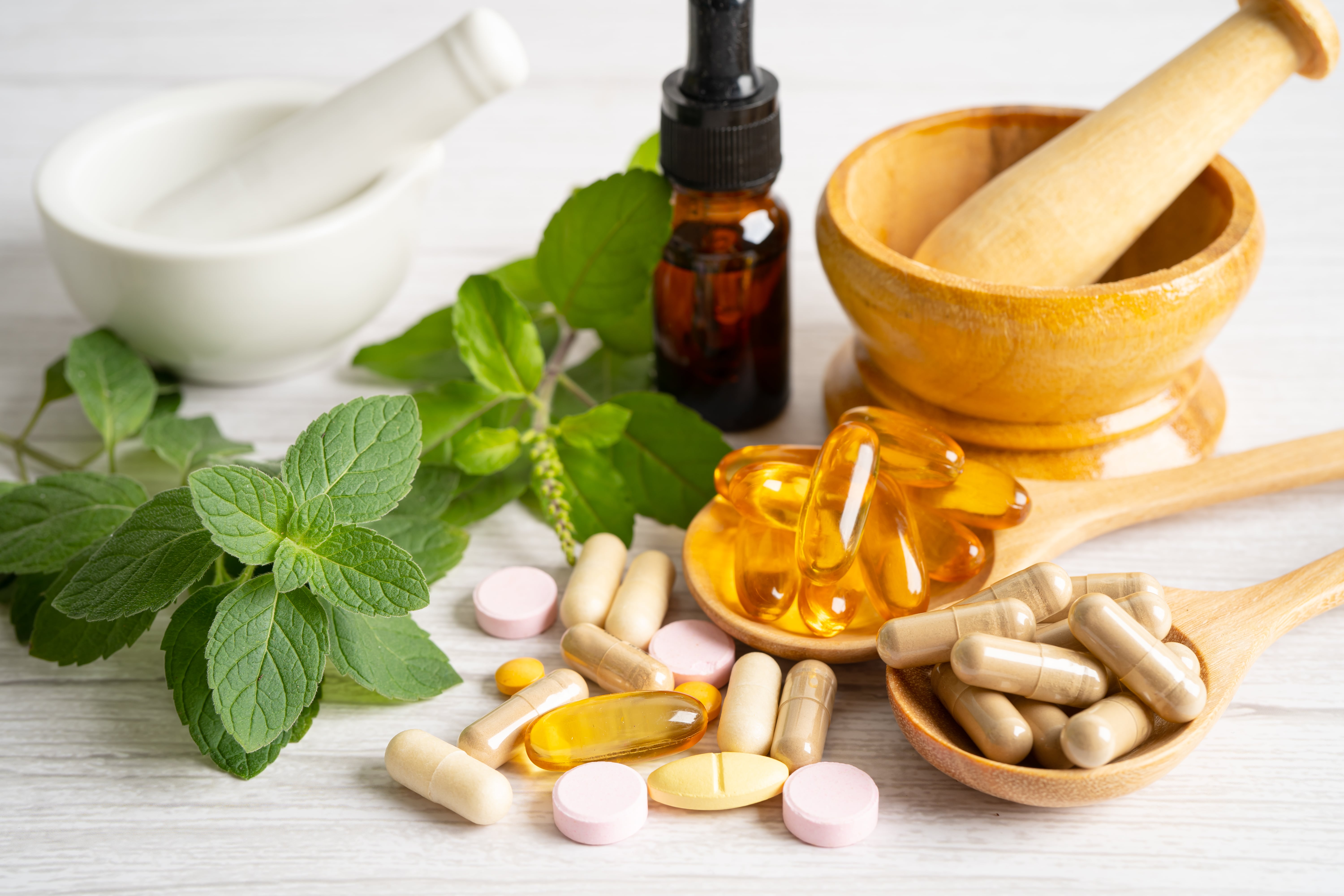WHAT ARE VITAMINS?

The content provided herein serves solely as a reference resource and is not intended to replace professional medical advice or be used for self-treatment. Should you believe you're dealing with a medical issue, it is strongly advised that you seek help from a qualified healthcare provider. It's essential to recognise that everyone's nutritional requirements can differ based on factors like age, gender, overall health, and dietary habits. The goal of this information is to assist you in making educated choices about your diet and the selection of nutritional and herbal supplements, not to act as a replacement for any prescribed treatments from your healthcare provider.
Vitamins are like helpers that speed up reactions in our bodies. They help enzymes (our body's chemical tools) do their jobs faster or make these jobs possible when they couldn't happen on their own. This is important for keeping our bodies working properly.
Vitamins are essentially catalysts which play a critical role in our biology by facilitating enzymatic reactions that otherwise might occur too slowly or not at all.
A balanced diet usually provides all of the essential vitamins needed for health. However, in some cases, supplements may be required. It's important to note that while vitamins are crucial for overall health, consuming too much of certain vitamins, particularly the fat-soluble ones (A, D, E & K), can lead to unpleasant or even hazardous symptoms.
Human nutrition relies on approximately forty vital substances. Among these, vitamins make up thirteen, while another fifteen consist of essential minerals required in significant quantities, trace minerals needed in minute amounts, and electrolytes. The rest are made up of amino acids.
Vitamins are generally produced in plants through a combination of various biological processes (although some vitamins can also be synthesised by bacteria, animals or the human body.):

- Photosynthesis: In this process, plants convert light energy, usually from the sun, into chemical energy in the form of glucose. This is a crucial process for the production of Vitamin C and some B vitamins in plants.
- Metabolic processes: Vitamins are also produced as a byproduct of the plant's metabolism. For example, plants synthesize Vitamin E during the process of lipid metabolism as a natural antioxidant to protect against oxidative stress.
- Biosynthesis: Plants are also capable of biosynthesizing certain vitamins. For example, Vitamin K1 is synthesized by plants and is involved in photosynthesis.
- Bacteria: Some plants have a symbiotic relationship with bacteria that produce vitamins. For instance, legumes host bacteria in their root nodules that help in the biosynthesis of vitamin B.
Vitamins are needed in small quantities for normal growth and development. They are essential nutrients because the human body either does not produce enough of them, or doesn't produce them at all. Thus, they must be obtained through the diet or supplements.
The 13 essential vitamins that the body needs: Vitamins A, C, D, E, K, and the B vitamins (thiamine (B1), riboflavin (B2), niacin (B3), pantothenic acid (B5), pyroxidine (B6), biotin (B7), folate (B9) and cobalamin (B12)). Each of these vitamins has specific roles in the body, from promoting good vision and healthy skin to aiding in nerve function and helping the body convert food into energy.
Vitamins are categorized into two
groups based on their solubility:
- Fat-soluble vitamins: These are vitamins A, D, E, and K. They are stored in the body's fatty tissue and the liver and are used as needed by the body. These vitamins are absorbed more easily when consumed with dietary fat. Due to their storage ability, caution must be exercised with fat-soluble vitamins, as consuming them in excessive quantities can potentially be harmful.
- Water-soluble vitamins: This group includes all of the B vitamins and vitamin C. These aren't stored in the body and need to be consumed regularly in the diet, as any excess is excreted through urine. However, it's still possible to consume excessively high levels of water-soluble vitamins, which can lead to adverse effects.